Dr Neil Fell PhD
With a career spanning over 25 years, Neil, has played a key role in elite athlete development, including working with England’s national football teams at St. George’s Park. A leading expert in sports science, biomechanics, and performance optimisation, he specialises in strength and conditioning, injury prevention, and maximising human potential.

